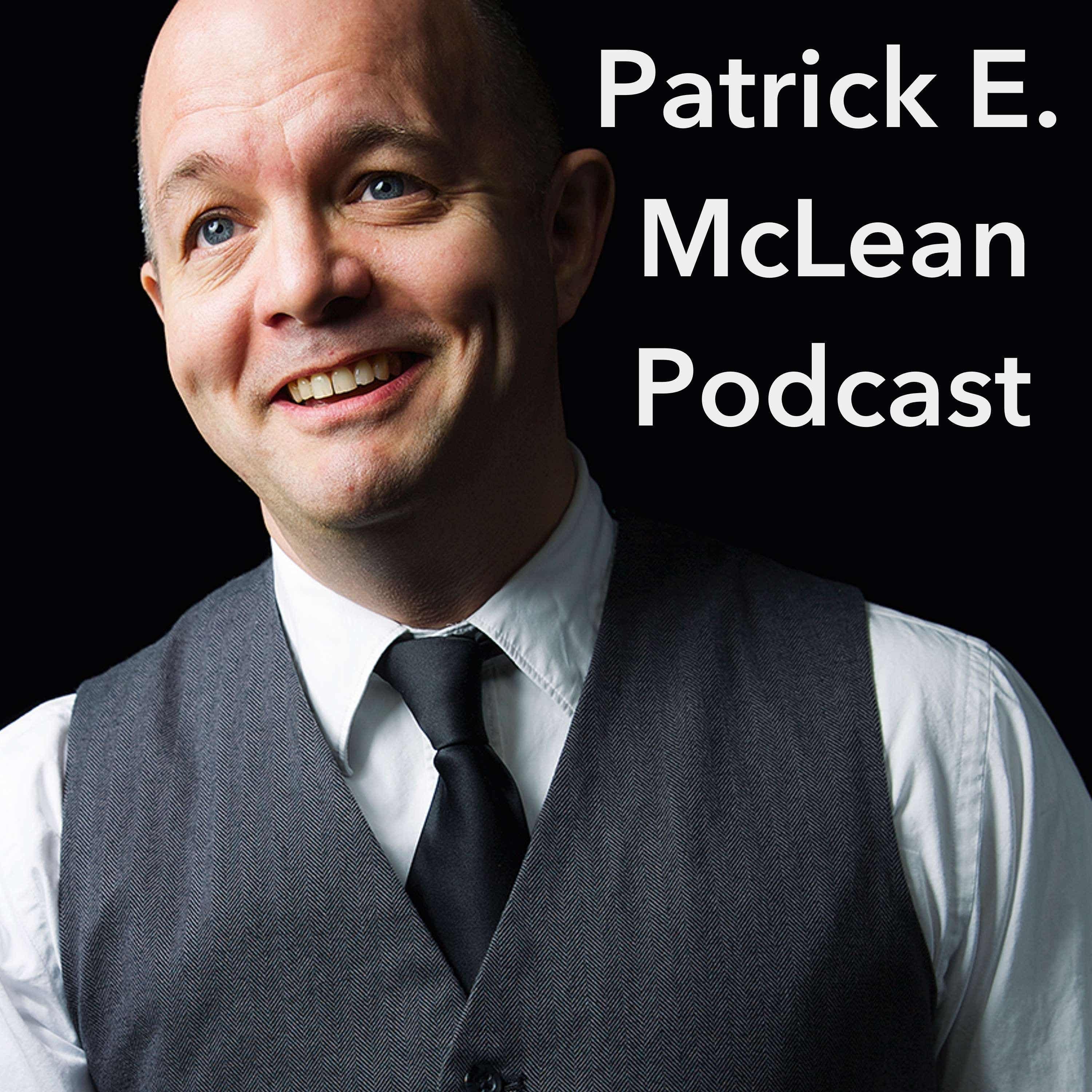Beowulf and the Dragon: Chapter 3
Description
If you’ve jumped in the middle, here’s Chapter One.
After I killed the wolves, Beowulf took a liking to me, as much of a liking as he took to anyone. It became my job to pour Beowulf’s mead. That first night, very drunk, he said to me, “I would make you my squire, were there any more battles to fight.” I remember thinking he was silly for saying this. A foolish old drunk with his glory days behind him. Still, it was with trepidation that I answered, “Does my Lord mean to say that I am no longer a slave?”
Beowulf asked me, “Do you have any place else to go?”
“No,” I told him.
“Nor do I,” he said, lifting his cup.
For a while, I thought poison would be the way. But I knew nothing of poisons or herbs. I didn’t even know who to ask. Even young, and foolish as I was, I knew it would not do for the King’s cupbearer to be heard asking questions about poisons.
I wonder if Beowulf thought me a coward. It's not a bad guess. Most men are, after all. Or maybe he wanted me to try to kill him. He was old, and tired and perhaps all he wanted was one last fight so he could take his place in that mead hall in the sky. He had outlived all his enemies, and all around him were cowed. The Thanes and Jarls jockeyed for position, politick’d among their meat and mead, and prepared for that day when their ring-giver would give no more. They would fight amongst themselves, as dogs do for scraps, but even though Beowulf was old, they were all afraid to contest with him.
I decided I would slit his throat in the middle of the great feast for the visit of Hanclaf, Beowulf’s most powerful Thane. Hanclaf lived three days' ride to the East. He was a Lord of the March, that strip of land that lay between the territory of the Sea-Geats and the unruly tribes beyond. In the absence of Beowulf, Hanclaf would have been a king in own right. But he had seen what had happened to the others, and sworn fealty. Now I can see that was just good sense, but the younger version of myself thought that we would be supping with a coward and his men.
My plan, such as I had formulated one, was to wait until late in the night. When Beowulf was well and truly drunk, then I would slit his throat where all could see.
But there was no feast.
When Hanclaf’s men came, they entered carrying a dying man and presented him as if he was a gift. From underneath the sheepskins came moans and the stench of burned flesh. There were no long speeches. No gifts, no ritual greetings. Hanclaf stopped in the doorway, blocking most of it with his great size and said but one word. “Dragon.”
They had greased the burned man with chunks of melted animal fat. I have not seen, before or since, a man so harmed yet still living. When the cover slipped from his legs, I could see that flesh of them was charcoal. The warmth of the hall melted the fat they had slathered his wounds with and it ran down his legs and dripped thick blackness onto the stone floor.
With some tenderness Beowulf went to the man and knelt beside him.
In pained whispers the man told his tale to Beowulf. He had been taken as a slave by Hanclaf. Then he escaped and had fled to the coast. There, while searching for a place to hide from pursuers, he had found he an ancient barrow that containing the riches of a people who had been forgotten long ago.
But that was not all he found. There also was a burning one, an old harrower of the dark, the worm of fire called by men a Dragon. So the slave had run, taking with him, only a cup of the finest gold.
“How do you know this wretch he tells the truth?” one of Beowulf’s worthless, drunken Thanes had demanded.
Beowulf stepped to the side, and revealed the burned man’s hand. It too was charred, and melted into the very bones of it was thick layer of gold that had once been a cup.
The burned man shivered uncontrollably and Beowulf com
More Episodes
Short fiction every week and serial novel "A Town Called Nowhere"
Published 08/22/22
Published 08/22/22
Laura looked out over what was left of the Town of Grantham. Smoldering buildings. Bodies scattered across the street. She realized that this was the reality. This was the natural state. There would be no rescue. Not by Virgil nor anyone else. She felt an urge to lay down with the dead and be at...
Published 07/29/22


